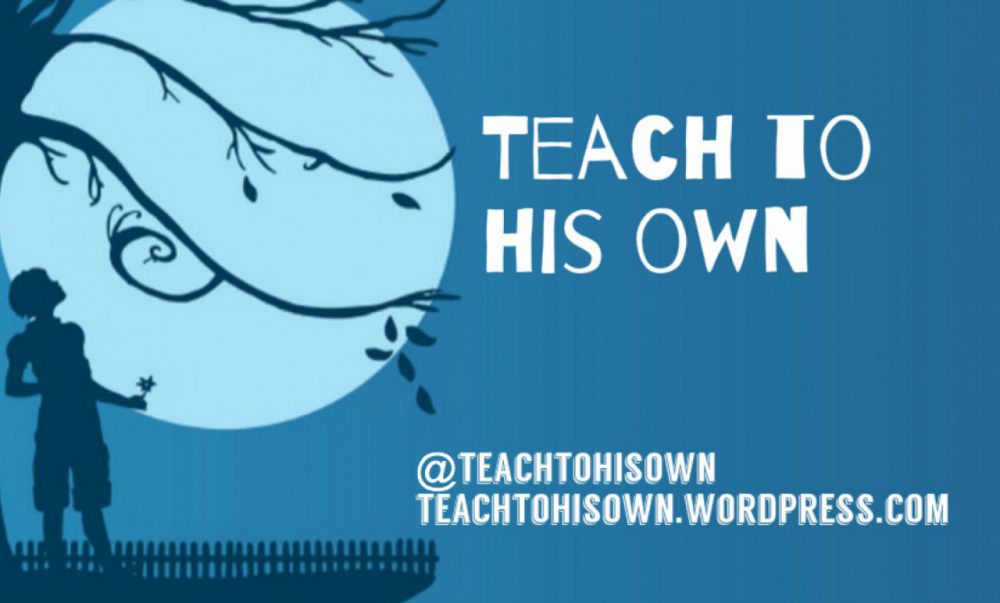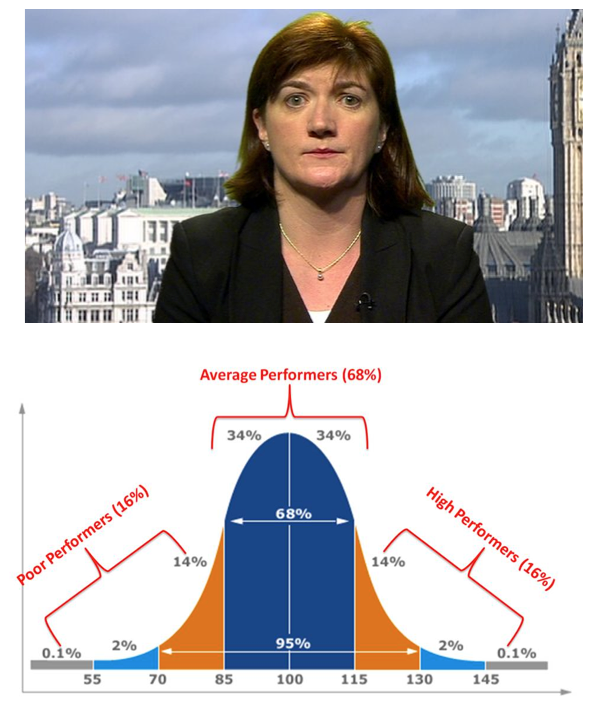First off, I bet that blog heading has been used before; it was too good an opportunity to miss.
This year I marked GCSE exams for an exam board for the first time. Initially it was for the extra income, then I started to realise it was beginning to improve the way I taught the Literature GCSE. One thing I soon picked up on was how certain students who were using PEE were simply unable to achieve higher bands of the mark scheme.
In order to achieve Bands 4, 5 and 6 it requires students to analyse language and lexis in detail. This doesn’t just mean writing about lots of language techniques, it means writing a lot about just a couple of techniques. This increased depth of analysis is wonderful when you do come across it, but alas PEE often ham-strung students who thought they were doing what we wanted.
When I was at my lowest ebb and I was frustrated at how few band 4s I was awarding, I began a new centre and started to notice a trend. All of their candidates were analysing language and quite a lot were really honing in on quotes at a word-level. What was this witchcraft?!
I began to notice a pattern when I observed that essentially all of the students were still using PEE; however they seemed to be going one step further. What they did, I can only identify as: PEEWE.
Point > Evidence > Explain > Word > Effect
PEE was as normal, but W and E added something extra. All students were picking a word from the quote and identifying it, as well as attempting to explore its impact on the reader.
For instance:
Through Steinbeck’s use of the verb ‘flopped’ we can determine he wanted the reader to be reminded of when Curley was injured by Lennie. They both ‘flop’ and it is a verb which suggests weakness, humiliation and an animalistic demise. This is further reinforced by Steinbeck’s use of the noun ‘fish’. This is an interesting animal with which to compare the ‘bear-like’ Lennie, as of course fish are the natural prey of bears…
Now I am not suggesting that we all start teaching PEEWE instead of PEE, PEEL, PEED or whatever you use. In fact my point is that we need to actually consider what habits we can teach students that will ultimately empower them to achieve everything required without fuss. Clearly the teacher who had taught his class PEEWE was confident enough with the mark scheme that he/she realised it would ensure that his/her students would achieve at least Band 3/4 without too much difficulty – and they did. Ergo, if we are to truly start teaching our students effectively we need to consider what it is that examiners will want to see.
This is such an obvious statement that I feel foolish writing it. But if it’s so obvious, why have we persisted in tirelessly using PEE all these years without a thought to what the overall outcome will be? Shallow analysis that lacks insight.
I have always thought that PEE was a bit basic, PEEL, which my school used was even a little distracting. How about from now on, before jumping on any bandwagons, we begin considering what we want to see as an end product, and work backwards from there? In other words, let’s get back to basics.


